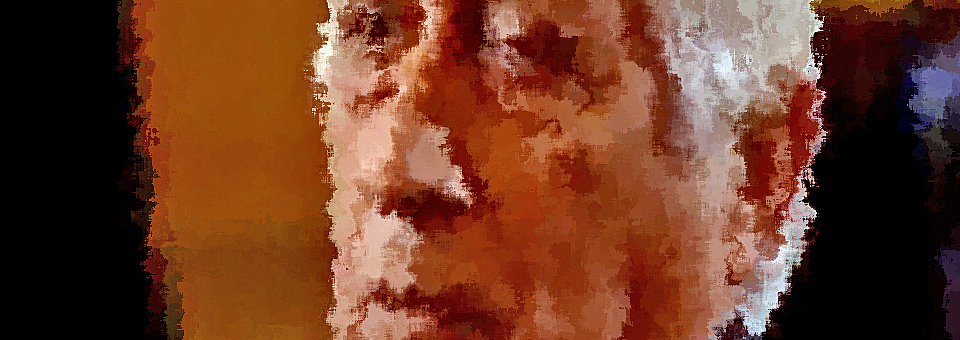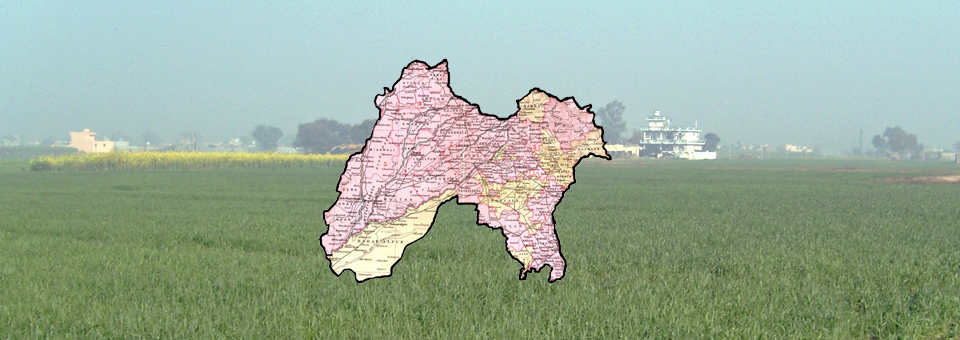The term extremist used by the CPS to depict four Sikhs convicted of wounding with intent to do grievous bodily harm is both inaccurate and misleading. Only the CPS can know why they chose this opportunity to reintroduce a label that had previously found favour in the late 1980s and early 1990s, but regardless it has succeeded in deflecting attention from the real questions that remain in this case which was brought following the attack on Indian General Kuldeep Brar in central London. Once again conclusions are being drawn by commentators to spread fears that Sikhs in the West are an unruly bunch and if left un-checked will present a new threat to civilised society. Sadly this entire episode has highlighted to me how we as a community are still ill-equipped and unprepared to face such a propaganda onslaught.
An extremist is a person who goes to extreme lengths or exhibits fanatical behaviour particularly in a political context; they are a person who is deemed to support an extreme doctrine to achieve their aims outside of the considered norms of society. Our conditioning in the developed World is such that it would be easy for many to label the four convicted individuals with this term, but in doing so they would not be taking into account who the individuals were, what they actually did or the blindingly obvious fact that these actions were committed by private citizens without any recourse to a political goal. How is this incident any different than say a physical attack by members of a family who’s loved one was killed by the person that they confront? They might be classed as vengeful, violent – criminal, no doubt – but would they be deemed as extremists? To those who would still continue to assert that it is common-sense this was politically motivated and as such they are extremists, it would be interesting to ask if they believe the same of Udham Singh who killed Michael O’Dwyer for approving the massacre at Jallianwala Bagh in 1919 in his capacity as Lieutenant Governor of Punjab. Similarly one could ask if Mehtab Singh and Sukha Singh should also be deemed extremists for assassinating Mughal Officer Massa Rangar for his desecration of the Darbar Sahib in Amritsar in 1740.
Let me make it clear that I do not advocate any criminal activity including physical assault on any person beyond what the law permits in self-defence. And even then, one’s moral compass should be the guiding light as to how far a reaction is necessary. The point of this article is to counter the label of extremist that has been used and to consider why that might have been so. When the incident originally occurred, I wrote an article that was widely shared (and reproduced) titled ‘Through the looking glass’ where I made the following statement after seeing the term ‘Sikh extremists’ being used repeatedly despite no official or unofficial statement of what had taken place.
“It is remarkable to think that in this day and age, this news story is being published by both the Indian press, the bewildering Sikh TV stations and now the BBC with most of the news article leading on the fact that General Brar has long been a target for ‘Sikh extremists’. It is remarkable of course, unless seen in the wider context of what has been happening in a post-Rajoana World.”
The notion that there is rising extremism has been put onto Sikhs in the UK to discredit the professional manner of activism that has been engaged in recent years and to combat the growing understanding in the Diaspora of recent history in South Asia. More and more Sikhs, many of who were not even born in 1984 are starting to realise that there were decades of struggle that culminated in the invasion of Amritsar and that the smokescreen of overnight fortifications of Darbar Sahib and fear-mongering centred on the person of Sant Jarnail Singh Bhindranwale were facades sold to an emotionally charged country. The very real problems that surfaced after partition and which affected all common people, not just Sikhs, have only exacerbated in the time since 1984. Issues pertaining to identity, language, environment and accessible justice have not been resolved and are being brought back in to the public eye by both those in Punjab and those whose predecessors left for the West because of thos problems. Sikh activists in the 21st century are using every legal resource available to fight for a brighter future for all people and it should come as no surprise that this will upset those whose hegemony over the Indian State is at risk as a result.
The attack on General Brar was most timely coming just months after the #iPledgeOrange movement had galvanised tens of thousands of Sikhs across the World to ask more questions of what had happened in the place their parents and grandparents had called home. We cannot know what led these four individuals to be in Old Quebec Street that night, but we can surely ask how they came by the information that he was even in the country. Somebody somewhere leaked that information. Even if one wishes to believe the fairy tale that there are Sikh activists who gather travel information about General Brar and pass it on to others – shouldn’t that have resulted in a further conviction of conspiracy following a Police investigation to identify who those individuals are? I think it is much more likely that this entire series of events have been orchestrated by an intelligentsia which has not only successfully moved the public debate in Punjab away from everyday rights and freedoms into one of separatism and communalism, but has also looked to redress the briefest of slip-ups by General Brar when in 2010 he told then-BBC journalist Sonia Deol in her documentary ‘1984: A Sikh Story’ that he did not know if the invasion of Amritsar had been a price worth paying. It was the first and only time that Brar has expressed any sense of remorse or regret.
After my article last year, I was the subject of a damning report by The Hindu newspaper who printed a number of inaccuracies about my life and activities. I had now joined those whom I had prophetically talked about in my article:
“Opposition voices are no longer slowly being drowned out, rather they are erratically being routed through a multi-faceted campaign being played out primarily in the media.”
It is clear to me that we are being prevented from moving forward as a Panth to tackle the social problems around us here and in the Punjab. External agencies are not our biggest threat – it is those who are collaborating with them to destroy us from within. Sikhs are still being discouraged at every level from asking important questions and realising Truth. Our ‘leadership’ and fellow Sikhs who spit vitriol in every medium available from the Des Pardes to Facebook, all with the intention of ensuring chaos and confusion reigns supreme, have controlled us to the extent that once or maybe twice a year we rise up, make a noise and then slip away.
What should we do then? Time and again I’m asked by readers and every time I say the same thing: educate yourself. If you consider yourself a Sikh, you are a unique individual in the history of mankind because your teacher in life Guru Nanak removed all restrictions between you and achieving enlightenment. You are the purveyor of your own destiny and no King, Pope or preacher is your conduit to recognising the Divine Design. Similarly in everyday life, you have no need to become a member of an organisation or a party to make things better. Moreover, you don’t even need to give your money or your obedience. If you choose to do those things that is exactly what it must be – a choice made of your own volition – but make no mistake, it is worthless without freeing your mind and giving your time to improve the lot of all mankind because your psyche demands it. Read, join a study circle, watch thought-provoking films, register on a course of study, learn-deliberate-act … these issues don’t take over your life, they fit into it amidst the more mundane and sheer joys that come with waking up and getting out of bed every day. The Panth will not move on until we become Sikhs in more than name, until we make learning, analysing, developing a part of our everyday life, and until we are able to see Truth and not the mirages that are placed before us.





